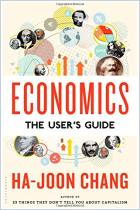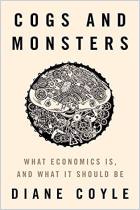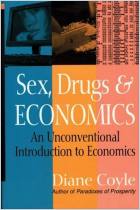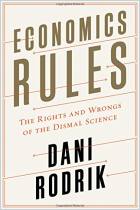
Read offline
Recommendation
While the 2008 financial crisis seemed to overturn the assumptions and accepted wisdom of mainstream economics, most study material in the field continues to focus on the traditional neoclassical theories. Some university students in Britain became disillusioned with their course’s syllabus, so they came together to form an organization, Rethinking Economics, to try to broaden economic study. This enlightening book, which delves into nine alternative economic schools of thought, is one result. The anthology could have used more color and links from the nine areas to contemporary issues, but even without such add-ons, students and instructors of the dismal science will find this text a valuable and refreshing step toward improving education in economics.
Summary
About the Authors
Lillian Fisher et al. are associated with Rethinking Economics, formed to create greater diversity in the teaching of economics at British universities.
















Comment on this summary or Iniciar a Discussão